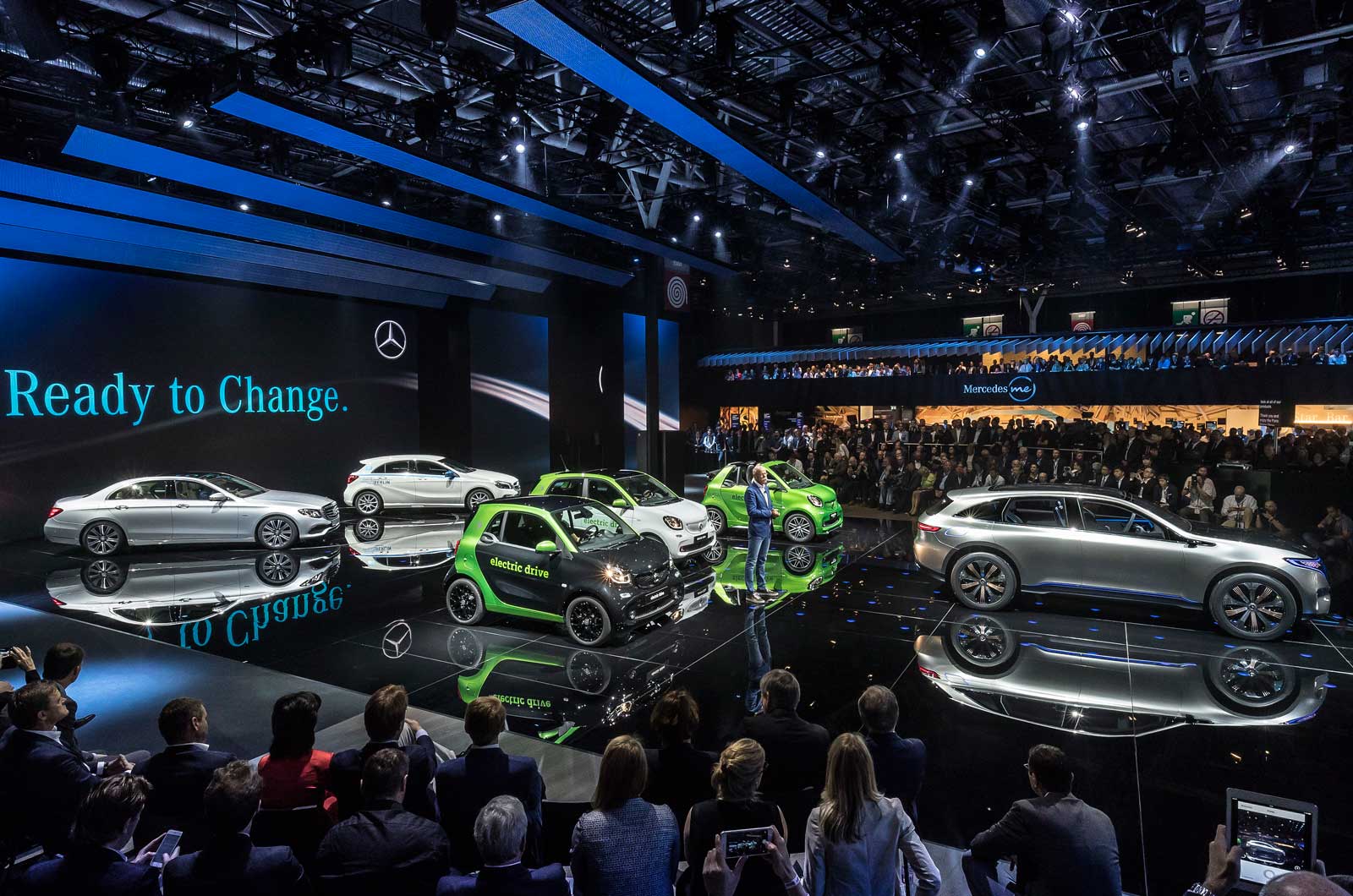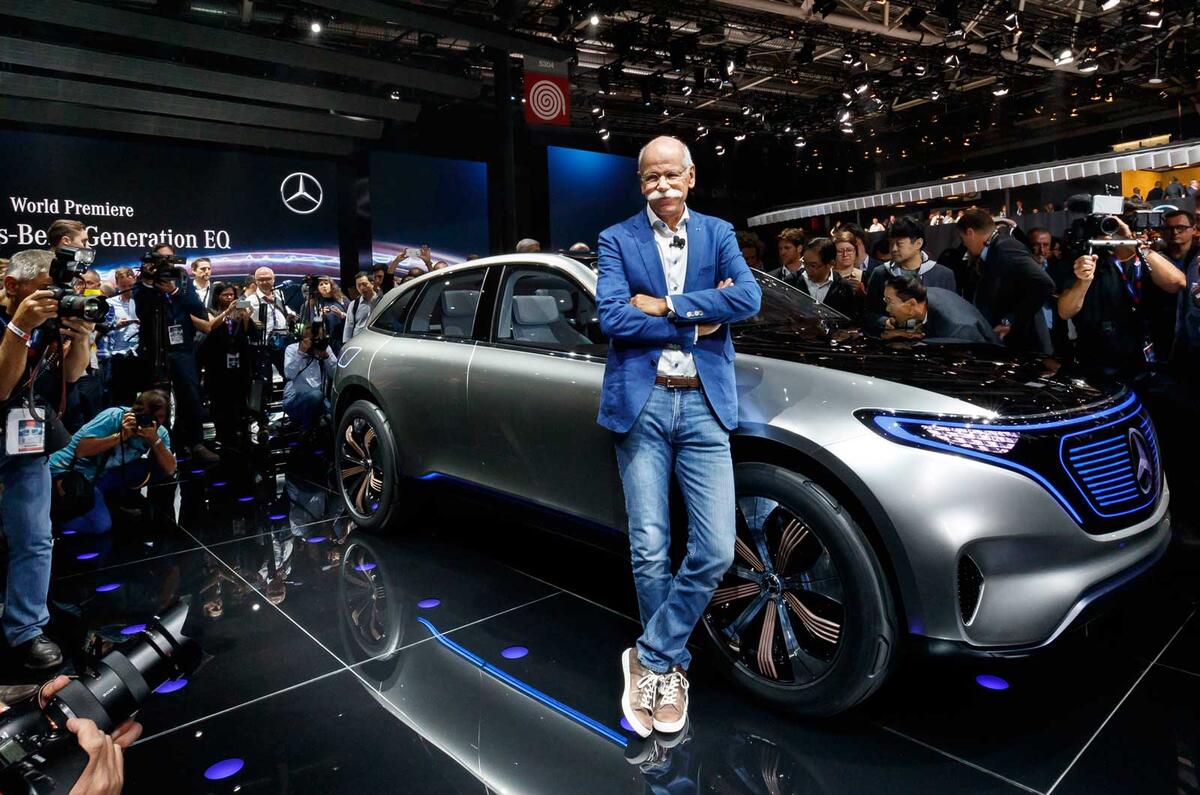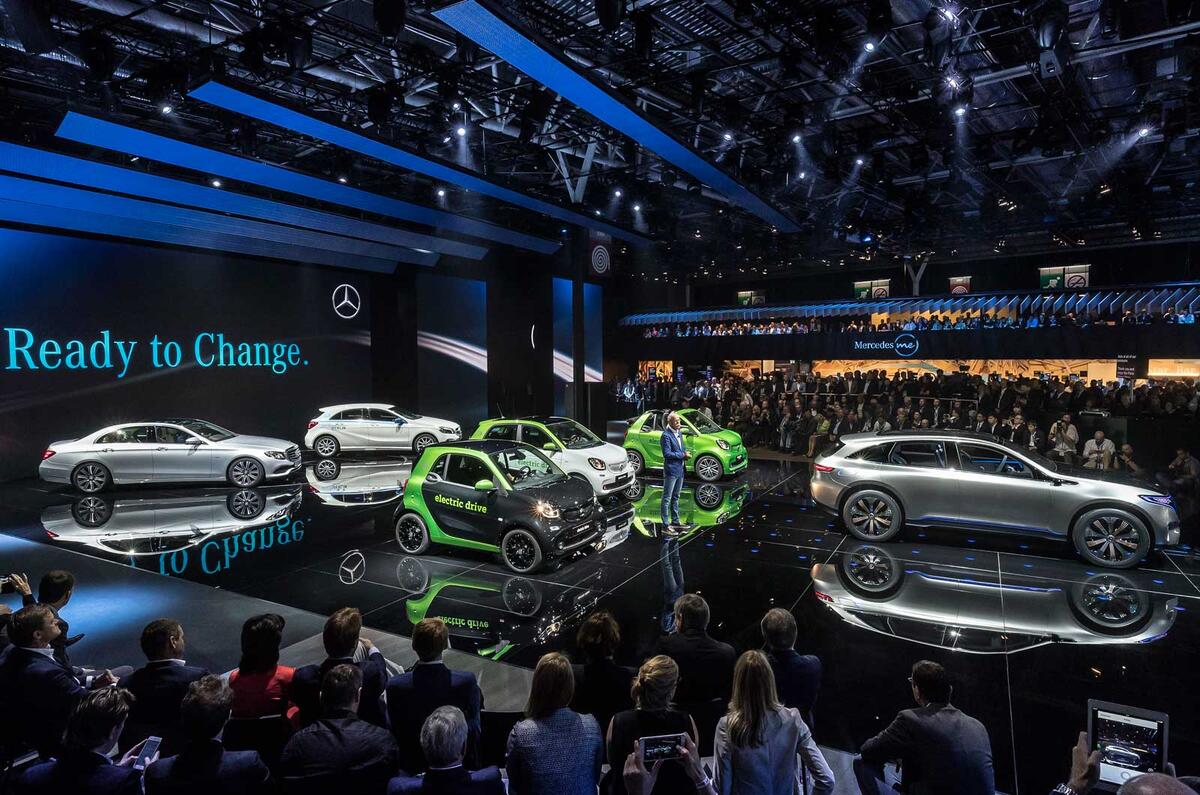Mercedes-Benz is working on an “Airbnb for cars”, a scheme that will enable owners of vehicles not in use to rent them to others.
Mercedes and Smart owners can sign up to the peer-to-peer car sharing scheme online, enter dates when their car is not in use – for example, when they’re on holiday – and other users can book time to use the car.
“Your car will be equipped with a box that connects it to an online platform,” explained Dr Dieter Zetsche, head of Mercedes-Benz Cars, to an audience at the Paris motor show. “Then you create your car’s [online] platform. It’s like Airbnb for cars. You enter your free dates and give thousands of members the ability to rent, unlock and drive your car, all with their smartphone.”
The idea is currently being trialled in San Francisco in collaboration with start-up firm Getaround. Mercedes is also developing its own programme in Germany that will launch later this year.
The venture is part of a new strategy at Mercedes that is looking to the future of electric mobility. The company has created a new subdivision called CASE (Connected, Autonomous, Shared, Electric), which focuses on combining future technologies including connectivity, autonomous driving, car sharing and electrification.
Announced alongside the reveal of the Generation EQ electric vehicle, CASE will be a legally separate entity comprising a team specially created to develop strategies for future electric mobility.
Dr Dieter Zetsche, the head of Mercedes-Benz Cars and CEO of Daimler AG, said that CASE was based on the four pillars that made up its name, and it would help Mercedes transform cars from products into “the ultimate platform”.

“That’s a fundamental change in perspective,” he said. “Each of these [pillars] has the power to turn our entire industry upside down, but the true revolution is in combining them, in a comprehensive and seamless package.”
Dr Zetsche explained how future cars could use the sensors and cameras required by autonomous technologies to also spot empty parking spaces and broadcast that information to other road users.
A video played during the presentation showed a car user who was going on holiday being driven autonomously to the airport; the car automatically found a free parking space and checked the owner in for their flight. While the owner is away, the car is available to rent via a car-sharing scheme, and when the owner returns, the car refuels itself and meets the owner on time at the airport terminal door, even if the return flight has been delayed.
“Sharing is a megatrend of our time,” said Dr Zetsche. “When it comes to in-world mobility, sharing really opens a world of opportunities.”
Mercedes has been involved with similar schemes for some time, including car sharing scheme Car2Go and mobility app Moovel, and it is in the process of merging its MyTaxi scheme with another taxi app, Hail-O.
“Altogether, this is a broad level of expertise in shared mobility that no other car manufacturer has. It’s also a very effective way to get more customers into EVs. The next big step, with huge potential, is peer-to-peer car sharing. Cars sit parked for nearly 23 hours a day on average. Why not use this extra time to earn some extra money for their owners?” Dr Zetsche said.
Phill Tromans







Add your comment